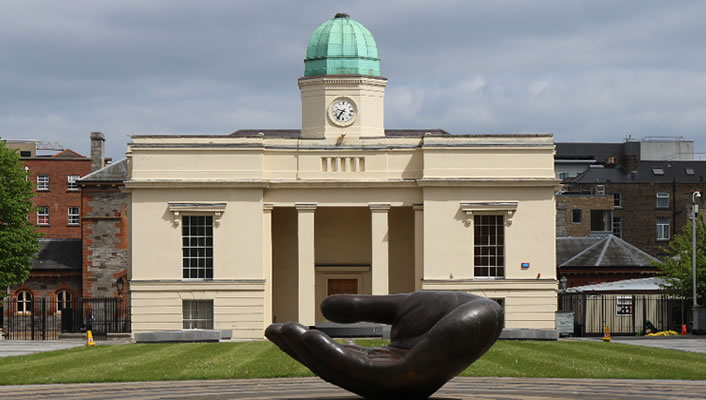On Tuesday, the UN Committee on the Rights of the Child (CRC) published its concluding observations to the combined fifth and sixth periodic reports of Ireland.
While the report welcomed Ireland’s engagement with the committee and its efforts to help children of the Ukraine crisis, it also recommended urgent actions be taken in a number of areas including non-discrimination, standard of living, violence against children and education.
Minister for Children, Roderic O’Gorman, commented that he welcomed these observations and “will be examining them in detail.”
On January 24 and 25, O’Gorman led a delegation of Irish officials to a hearing before the UN Committee in Geneva.
The concluding observations of the dialogue between the committee and the Irish delegation praised the Irish government’s measure to guarantee the right to education for children such as the Free Education Scheme and greater funding under Budget 2023. However the committee identified several areas of concern in education and made a number of recommendations for change.
The committee called for increased research into connections between ethnic origin and academic involvement, an end to priority acceptance to schools for relatives of past pupils, and reforms to the leaving cert due to the inequalities faced by disadvantaged children, many of which were exposed and exacerbated by the Covid-19 crisis.
The committees also recommended that information about children’s rights and the principles of the Convention on the Rights of the Child (UNCRC) be implemented into the mandatory school curriculum as well as teacher training programmes.
The UN commission is a collection of experts set up in 1991 to monitor the progress of the UNCRC. The convention provides a comprehensive international agreement on the rights of children and is the most ratified human rights treaty in the world.
Minister O’Gorman referred to these types of committees as “essential monitors of State’s implementation of the core international human rights treaties thereby helping to generate change”.






